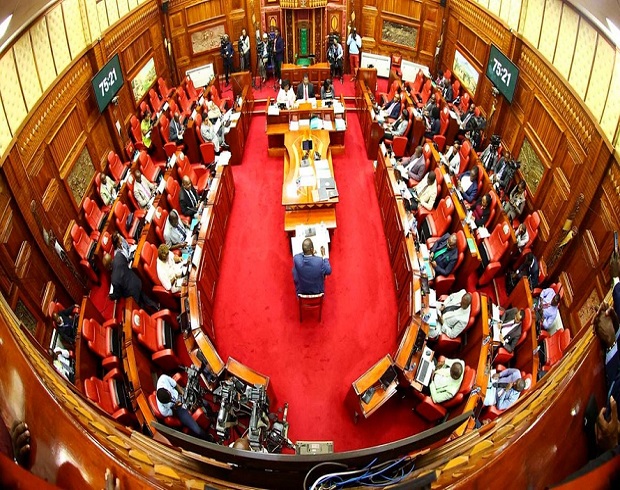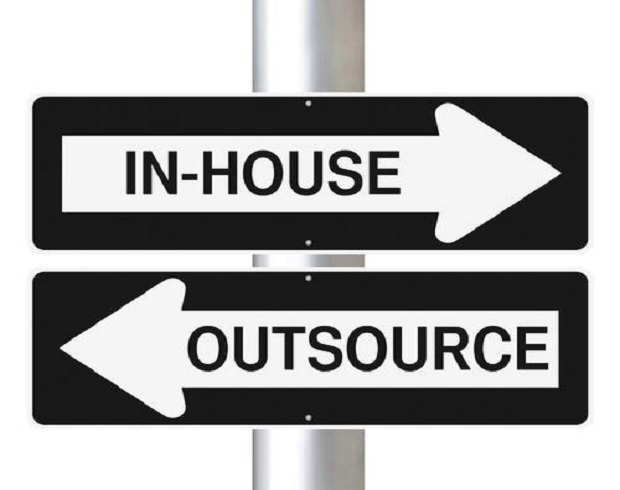A recruiter asked a candidate, “Why do you expect such a high salary when you have no experience in this field?”
The job applicant replied, “Well, the job is much harder when you don’t know what you’re doing.”
Many years ago, I found my name in the Kenya Gazzette having been appointed to the board of a government regulator. The parent act for this regulator required any board member to be vetted by Parliament before such appointment could be validated. In preparation for the exercise, I first checked the dictionary on what the definition of vetting was:
“Vetting is the process of investigating someone thoroughly, especially in order to ensure that they are suitable for a job requiring secrecy, loyalty, or trustworthiness”
So I channeled my second year of university energy vibes and got cracking on research. I researched the regulator. I read the parent act from cover to cover. I read up on decisions that the regulator had made, internalized them and played them out in my mind as if they were a Netflix court room drama.
I was the third in the vetting line at Continental House that morning, a building that housed many parliamentary offices. We were made to wait in a room filled with semi-occupied shelves of dust covered, unopened books. This was the Parliamentary Library I was told. It was as full of activity as the dense, overgrown bushes at City Park Cemetery. Eventually I was called into the vetting room. About sixteen Parliamentary Committee members were seated on a U-shaped table. I sat on an individual table at the top of the U.
The committee chairman welcomed me to the session as I shakily opened the tight seal of the water bottle that I was sure I was going to need to seek respite from. The protocol was that each member of the committee was going to ask me questions. Okay.
Question number one came from my left, a third time member of parliament (MP) who I had often seen on television standing on a podium next to a presidential candidate. “Why is the surname on your ID Musyoka, when your university certificates state another surname?” Hmmm. Okay, that was a pretty straightforward answer, I mean people get married somewhere along the journey of life and names get changed. He didn’t pay attention to my answer as he got a call on his mobile phone, leaned under the table and furtively began whispering. I directed my answer at the air above him. His neighbor took on the next question. “You sit on the board of Company X. Is this likely to provide a conflict of interest in your role as a board member of this regulator?”
Okay. Now the questions were getting more cerebral. “Company X is a company, like over a million companies registered in Kenya, that can appear in a matter before the regulator. If such an eventuality arises, I will declare my conflict and recuse myself from any discussion on the same.” The first MP emerged from under the table, business concluded. Second MP furrowed his brows, made as if to ask a follow up question, then yielded the floor. Third MP picked up from his colleague. “So how do we know you will recuse yourself? You also sit on the board of Company Y!” I took a sip of water, trying not to be distracted by the first MP who had received another call and whose mobile phone speaker volume was quite loud. Apparently a lorry of stones had been delivered to site and the lorry owner needed to be paid. He ducked under the table again.
I responded that I was a governance practitioner bound by professional ethical considerations. I. Would. Recuse. Myself. The fourth MP was had similar concerns to the first MP. Why did the Kenya Gazzette publish two surnames for me, yet my ID had one name and my university certificates had another name. “Honestly Sir, I cannot speak for the Government Printer,” I responded demurely. “You lawyers give us a hard time all the time and you cannot even print your names correctly,” he barked back. I bowed my head and took the beating like a good woman.
Twenty tortuous minutes later, the vetting was done. The remaining twelve MPs asked the same question in different iterations about what recusing looks like and my interchangeable last names. Not a single question was asked about the business of the regulator and my knowledge, if at all, of the same. The first MP had cement and ballast delivered on site and paid for via mpesa by the time the fifteenth MP was wrapping up. Anyway, two weeks later my name was tabled by the Committee in front of Parliament and I passed. I know the first MP, Bob The Builder, was rooting for me because I winced in sympathy each time he had to send an mpesa payment. Being an MP is a very hard job. And that is why they get paid millions to do it.
[email protected]
Twitter: @carolmusyoka

 carolmusyoka consultancy
carolmusyoka consultancy
 @carolmusyoka
@carolmusyoka



